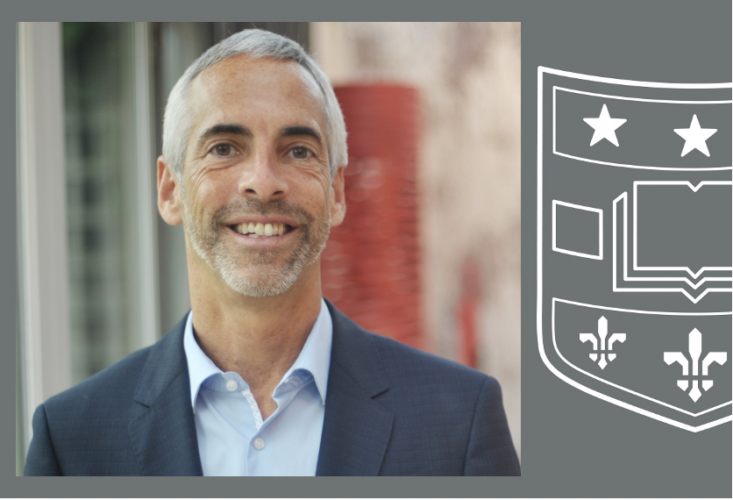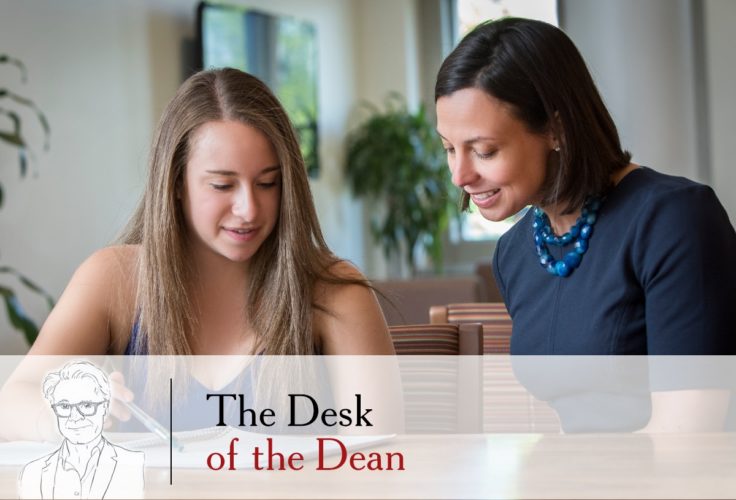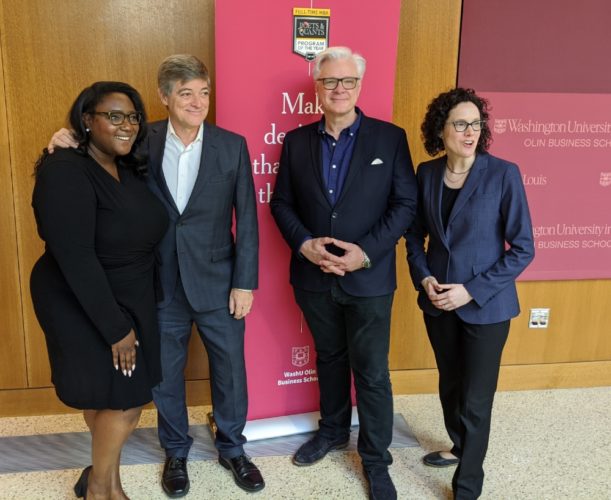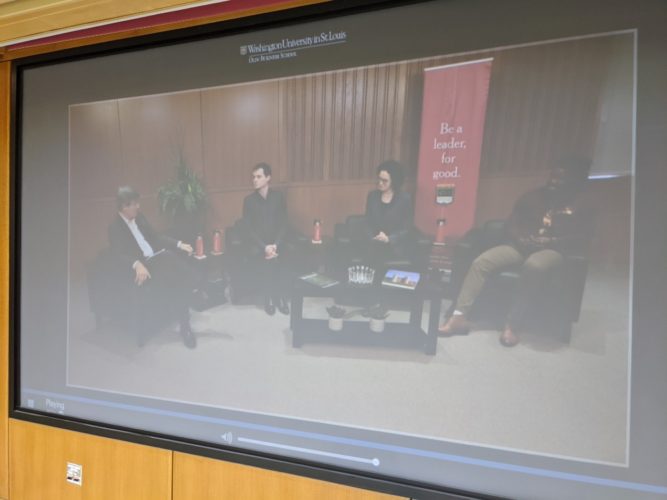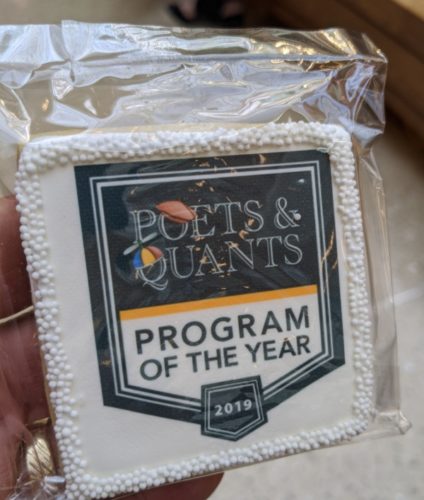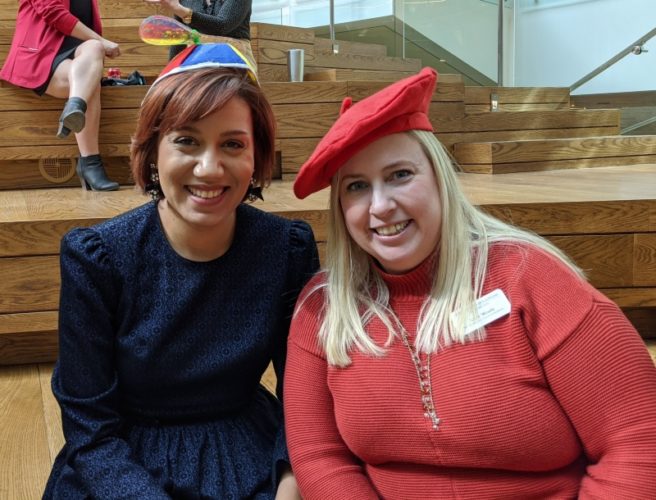Russ Shaw, BSBA ’85, was one of three people the Queen of England recognized as a commander of the British Empire in 2021. Shaw received the honor for his contributions to technology and business in London. Here, he describes how his Olin education helped him get there.
My Olin education covered four years, receiving a BSBA and majoring in accounting and receiving minors in economics and Spanish. I also participated in a number of extracurricular activities, with a particular highlight being a student representative to the Washington University Board of Trustees.
I certainly used the knowledge gained in my coursework in many aspects of my career. Some of the standout courses for me were macroeconomics, statistics, finance, marketing and a great course in leadership during my senior year.
My days are never the same as founder of Tech London Advocates and Global Tech Advocates. I meet with many startups, scale-ups and investors across many tech hubs around the world. I talk to journalists and do media interviews frequently, and I am in contact with various UK government agencies.
Many tech hubs
Through Global Tech Advocates I have travelled to many tech hubs both large and not-so-large, meeting amazing entrepreneurs with great visions and aspirations. I have hosted tech events spanning from San Francisco and New York to Shanghai, Bangalore, Tokyo, Singapore, Paris, Bogotá, Madrid, Shenzhen, Milan, Stockholm and, of course, London.
A key part of my role is to put the spotlight on critical issues that impact tech ecosystems. This includes issues around talent, diversity & inclusion, digital skills, infrastructure and access to funding.
I was honoured to be recognised by the Queen in her New Year’s Honours list as a Commander of the Order of the British Empire (CBE). This is one of the highest levels of recognition in the United Kingdom by Her Majesty. The CBE has been awarded for service to business and technology. I was honoured to meet Queen Elizabeth several years ago when she and Prince Philip hosted a technology reception at Buckingham Palace.
In terms of advice as students embark on their careers, I always say that there are two components that are integral to any career journey: reputation and network of contacts. Both need to be nurtured and developed throughout a career. I also encourage students to travel and see the world, to keep expanding their horizons and to be open to new ideas and ways of thinking.


